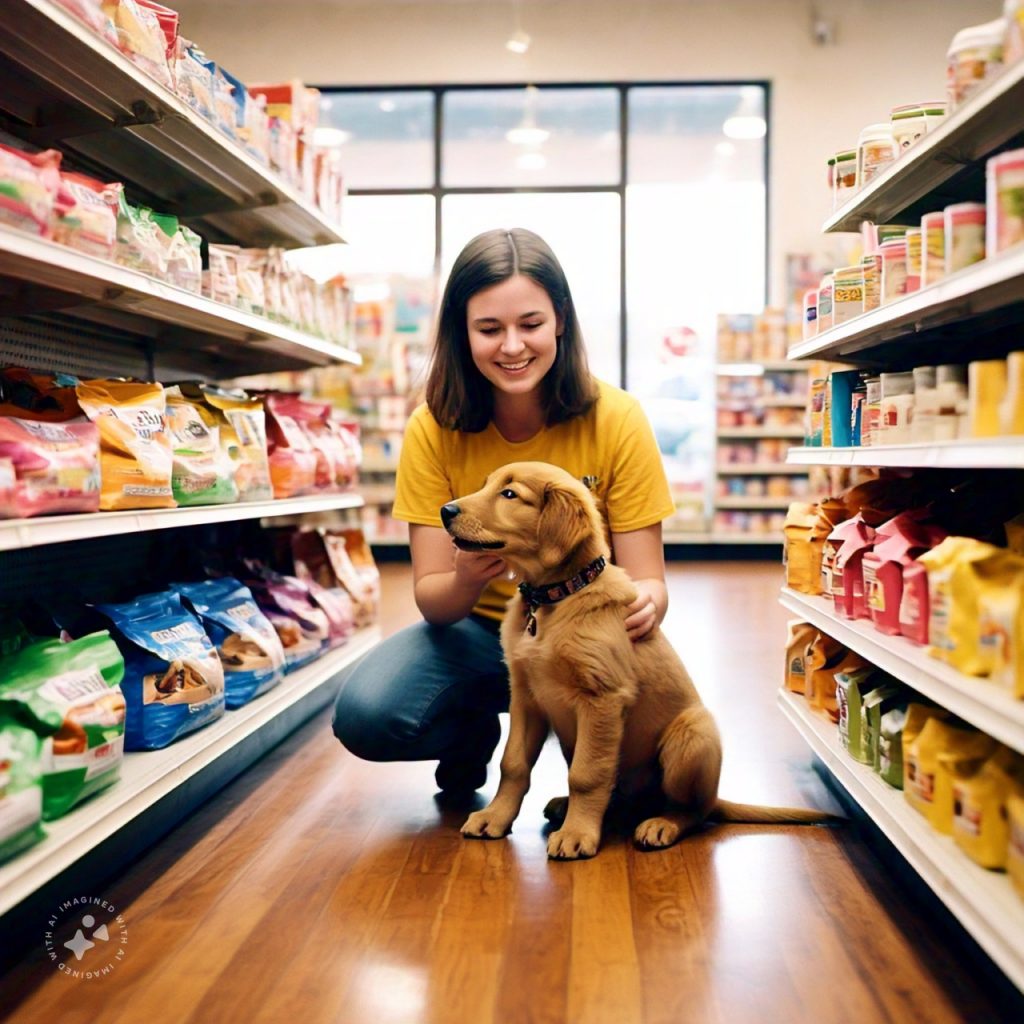Getting a dog is a significant decision that can bring immense joy, love, and companionship to your life. However, it also comes with responsibilities and challenges. To help you make an informed choice, we’ve compiled expert insights into whether getting a dog is the right move for your family.
Why Do You Want a Dog?
The first question to ask yourself is: Why do I want a dog?
Your motivations play a crucial role in determining if you’re ready for pet ownership. Common reasons include:
- Companionship: Dogs are loyal and affectionate, often providing comfort and reducing feelings of loneliness.
- Family Dynamics: Many families feel a dog can teach children responsibility and provide a new level of joy.
- Lifestyle Enhancement: Active individuals may seek a dog as a partner for outdoor activities like running or hiking.
Evaluate whether these reasons align with your long-term lifestyle and goals rather than being an impulsive desire.
Key Factors to Consider Before Getting a Dog
1. Time Commitment
Dogs require significant time for training, exercise, feeding, and play. Puppies, in particular, demand attention for housebreaking and socialization. If you work long hours or travel frequently, consider whether you have the time to care for a dog.
2. Financial Responsibility
Owning a dog can be expensive. Beyond the initial costs of adoption or purchase, you’ll need to budget for:
- Food and treats
- Veterinary care (vaccinations, check-ups, emergencies)
- Grooming
- Training and behavior classes
- Pet insurance
On average, dog owners spend $1,000–$3,000 annually, depending on the breed and health needs.
3. Living Space
Your living environment should be suitable for a dog. Consider:
- Size of the Dog: Larger breeds need more space to roam.
- Rental Restrictions: If you rent, check for pet policies.
- Access to Outdoor Areas: A yard or nearby park is ideal for exercise.
4. Energy Levels and Compatibility
Not all dogs are alike. Some breeds are highly active, requiring frequent exercise and mental stimulation, while others are more laid-back. Match a dog’s energy level to your own lifestyle. For instance:
- Active Families: Breeds like Border Collies or Labradors may be a great fit.
- Calm Households: Consider breeds like Bulldogs or Basset Hounds.
5. Allergies and Health Concerns
If anyone in your family has allergies, research hypoallergenic breeds like Poodles or consider allergy testing before committing.
Choosing the Right Dog for Your Family
Adoption vs. Buying
- Adoption: Shelters and rescue organizations often have a variety of dogs, from puppies to older dogs, needing homes. This option is cost-effective and socially responsible.
- Buying: If you’re set on a specific breed, buying from a reputable breeder ensures the dog is healthy and well-cared-for. Avoid puppy mills at all costs.
Breed Research
Understanding the temperament, size, and care needs of different breeds can prevent mismatches. Some popular breeds for families include:
- Golden Retrievers: Gentle, intelligent, and great with kids.
- Beagles: Energetic and friendly, ideal for active families.
- Cavaliers (King Charles Spaniel): Affectionate and adaptable to different lifestyles.
Benefits of Owning a Dog
1. Emotional Well-Being
Dogs are known to reduce stress, anxiety, and depression. Their unconditional love can improve your mental health and provide a sense of purpose.
2. Physical Health
Dog owners tend to be more active. Daily walks or playtime contribute to better cardiovascular health and weight management.
3. Building Responsibility
For families with children, owning a dog can teach kids about caring for another living being, fostering empathy and responsibility.
Challenges to Be Aware Of
1. Behavioral Issues
Without proper training, dogs can develop habits like excessive barking, chewing, or aggression. Be prepared to invest in training and patience.
2. Long-Term Commitment
Dogs typically live 10–15 years. Ensure you’re ready for this long-term commitment, including during life changes like moving or expanding your family.
3. Potential for Damage
Puppies and untrained dogs might chew furniture, dig holes, or make messes. Patience and training are essential to mitigate these issues.
Is a Dog Right for Your Family?
Here’s a quick checklist to determine your readiness:
- Do you have time to dedicate to a dog’s care?
- Can you afford the financial costs of owning a dog?
- Is your living environment suitable for a dog?
- Are you willing to commit to training and socialization?
- Does your family unanimously support the decision?
Final Thoughts
Getting a dog can be one of the most rewarding experiences, bringing joy, love, and companionship. However, it’s essential to approach the decision with careful consideration. By evaluating your lifestyle, finances, and readiness, you can ensure that bringing a dog into your family is a positive experience for both you and your future furry friend.
If you’re ready, explore local shelters or breeders to find the perfect match. A well-thought-out decision will set the foundation for a happy life with your new canine companion.
FAQs
1. How do I know if my child is ready for a dog?
Look for signs of responsibility, like completing chores or expressing consistent interest in animals.
2. What’s the best age to adopt a dog?
It depends on your preference. Puppies require more training, while older dogs may already be house-trained.
3. Can I adopt a dog if I live in an apartment?
Yes, many breeds adapt well to apartment living, especially smaller or less active ones like French Bulldogs or Shih Tzus.
Let us know in the comments—are you ready to get a dog, or are you still weighing the pros and cons?

